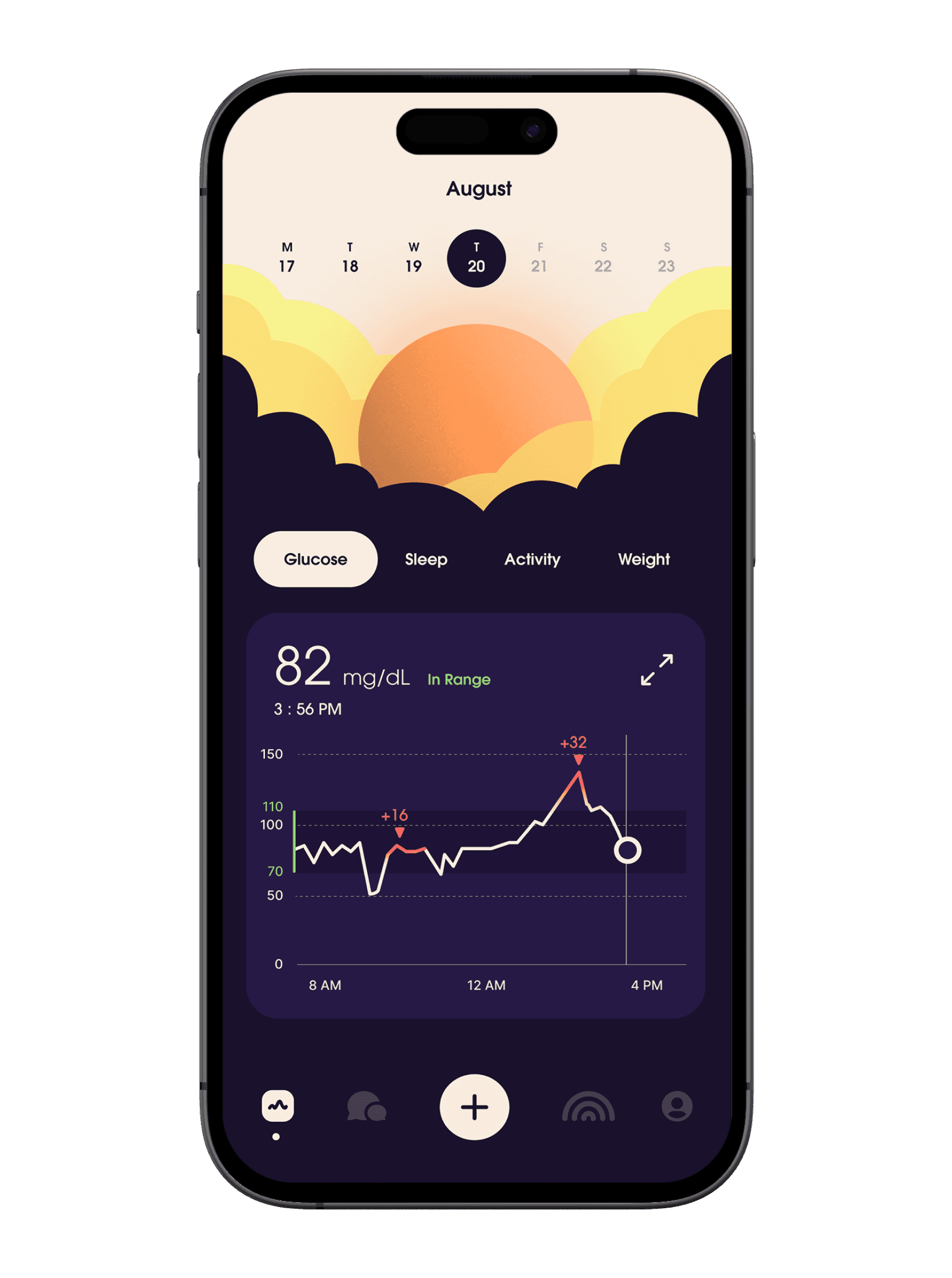Circadian Rhythm
Circadian Rhythm is the natural internal process that regulates our sleep-wake cycle and repeats roughly every 24 hours. It is often referred to as the “body clock”
In simple terms it is your body’s internal 24-hour cycle that is synchronized with the day and night patterns, it is found in most living things animals, plants, and even microbes.
In humans and other mammals, the circadian clock is located in the part of the brain called the suprachiasmatic nucleus.
Our circadian rhythm controls many of our bodily functions beyond just sleep like hormone levels, body temperature, and digestion.
Disruptions in this cycle can lead to problems like obesity, diabetes, depression, and sleep issues.
An interesting fact about Circadian clocks is that every cell in your body has its own clock that is controlled by genes like CLOCK, BMAL1, PER, and CRY
How Circadian Rhythm Affects Your Body?
How to Manage and Regulate Your Circadian Rhythm
Want to know if your Circadian Rhythm is Disrupted?
Here’s a bonus checklist as to how to rest your Circadian Rhythm
Eat at least 3 hours before bedtime.
Don’t exercise too close to bedtime.
Avoid bright or blue light before bedtime.
Listen to your body, it knows when you are sleepy.


Here is our gift to you!
We are currently gathering feedback for the app and providing the app at no cost!




